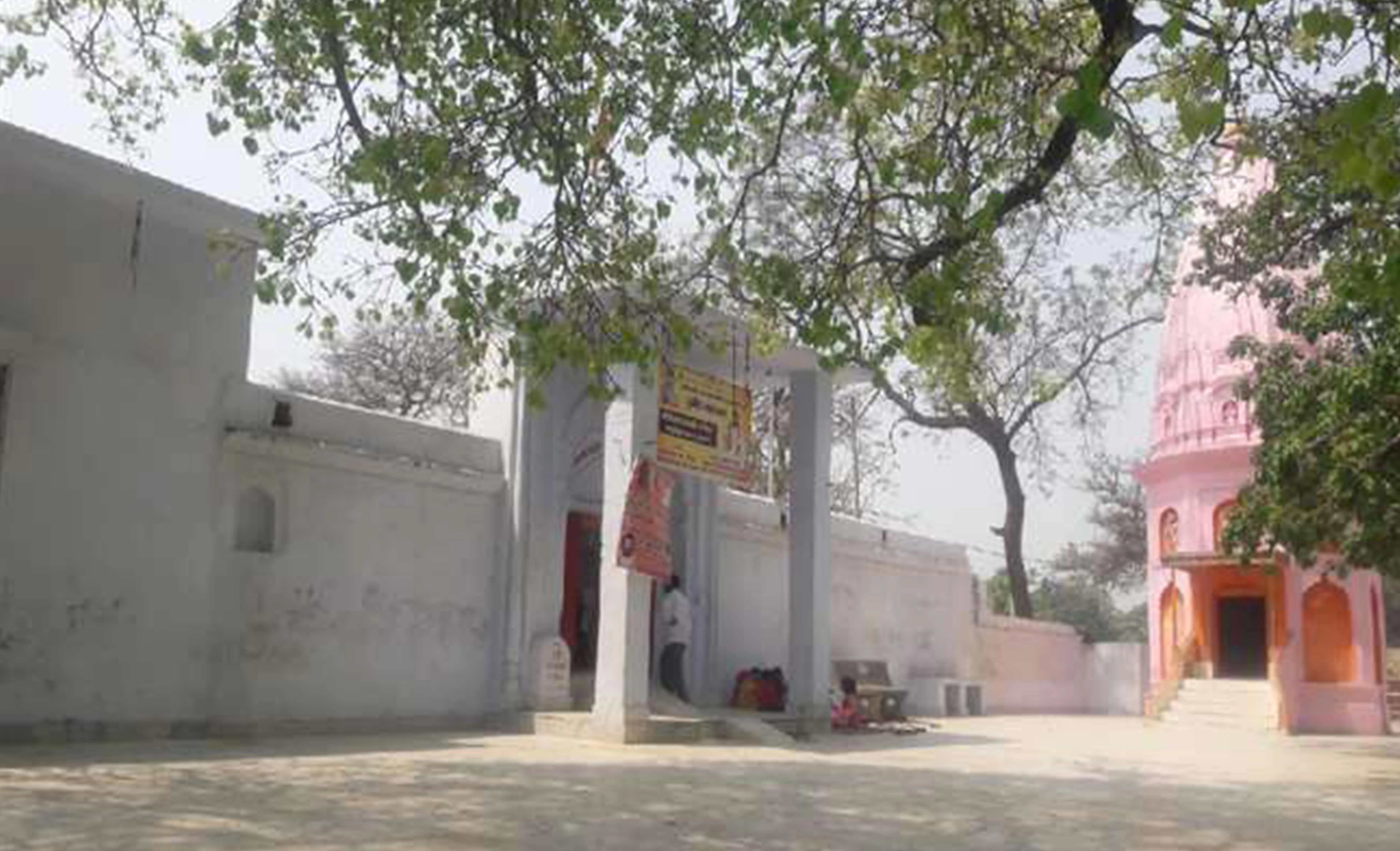
Makhauda Dham
Makhauda Dham, located in Ayodhya, India, is a revered pilgrimage site with deep religious significance. It derives its name from the word "Makhauda," which has roots in ancient Sanskrit and refers to a sacred place or sanctuary. The term "Dham" indicates that it is a place of pilgrimage and spiritual importance in Hindu tradition.The backstory of Makhauda Dham is steeped in mythology and historical significance. According to local legends, it is believed that Lord Brahma, the creator deity in Hinduism, performed a yajna (fire sacrifice) at this sacred site. The yajna was a divine ritual aimed at invoking blessings and divine favor for the benefit of humanity. As a result of this auspicious event, Makhauda Dham became sanctified as a place imbued with spiritual energy and divine presence.
Throughout the ages, Makhauda Dham has continued to be a focal point for devout Hindus seeking spiritual solace, blessings, and divine intervention in their lives. The pilgrimage to this sacred site is considered auspicious and is believed to confer spiritual merit and blessings upon pilgrims who undertake the journey with faith and devotion.
- Makhauda Dham reflects traditional Indian temple design with serene surroundings, ornate carvings, and dedicated sanctuaries for Hindu deities.
- Devotees visit to pray, perform rituals, and take part in ceremonies celebrating the divine presence and blessings associated with the site.
- The temple's peaceful atmosphere fosters meditation, introspection, and spiritual contemplation, providing visitors with inner peace and spiritual upliftment.
- Beyond its religious role, Makhauda Dham serves as a cultural and communal gathering place where people from diverse backgrounds unite to celebrate festivals and cultural events.
- It promotes mutual respect and understanding among different communities, fostering unity and shared spiritual values.
- Named after Lord Brahma's divine yajna, Makhauda Dham in Ayodhya remains a revered pilgrimage site, attracting devotees seeking spiritual enlightenment and divine blessings.
Browse All
- Hanuman Garhi Mandir
- Ram Janmabhoomi
- Kanak Bhawan
- Nageshwarnath Temple
- Sita Ji ki Rasoi
- Swarg Dwar Temple
- Sri Mani Ram Das Chhawni
- Raj Dwar Temple
- Tretanath Mandir
- Guptar Ghat
- Ram ki Paidi
- Military Temple
- Jain Temple
- Sankat Mochan Hanuman Mandir
- Badi Devkali Devi Temple
- Janki Ghat
- Matgajendra Temple
- Shri Kale Ram Temple
- Shri Ram Janki Birla Temple
- Makhauda Dham
- Raja Dashhrath Damadhi